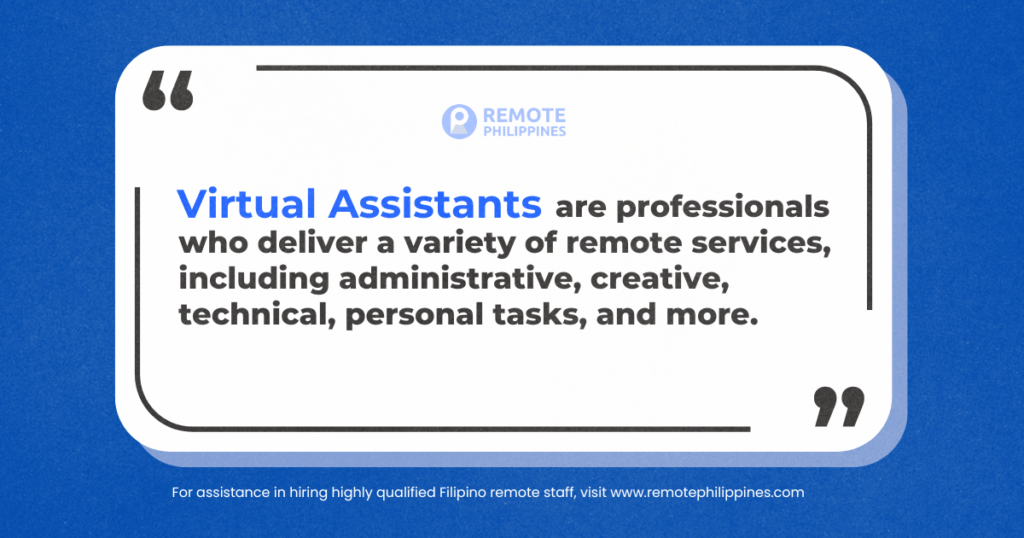Learn all that your business can accomplish with Remote Philippines. Connect with Sales
Learn all that your business can accomplish with Remote Philippines. Connect with Sales
-
About
-
Employers
- Information Technology
- Real Estate
- Hospitality
- Legal Services
- Data Management
- Telecommunications
- Healthcare
- Transportation
- Utilities and Energy
- Travel
- e-Commerce
- Education
- Engineering
- Financial Services
- Logistics
-
Talents
-
Knowledge
Reaching the ten-year mark in business is a big deal.
It shows that a company has been through a lot and managed to stick around. But not every business makes it past this milestone. Some start to struggle, and eventually, they might even close down.
With half of the Fortune 500 entities vanishing over the last two decades, it’s evident that the lifespan of multinational corporations is under considerable pressure, facing a downward trend.
So, what went wrong?
In this blog, we’ll look at five common reasons why businesses hit a rough patch after ten years. From getting too comfortable to forgetting about the importance of keeping up with new ideas, we’ll cover it all.
1. Complacency: The Silent Killer
Getting too comfortable with early success can be a quiet danger to how long a business lasts. When businesses start off well, they might feel too pleased and forget to change with what customers need or how the market is moving. This feeling of being too settled makes them stop growing, and then they can’t keep up with other companies that move quicker.
One common mistake that complacent leaders often make is choosing to ignore culture training.
According to a Deloitte survey, 94% of executives and 88% of employees think having a unique workplace culture is vital for business success. Despite this, a surprising number of leaders don’t take part in their own company’s culture-building efforts.
This gap leads to a worrying outcome: a Gallup study reveals that companies with highly engaged employees perform 147% better in earnings per share compared to their counterparts. Leaders who neglect culture training aren’t just failing their teams—they’re actively harming their own companies.
2. Neglecting Sustainability
Sustainability isn’t just about environmental practices; it’s about building a business model that can weather economic storms and market fluctuations.
Businesses that focus solely on short-term gains without considering long-term sustainability risk burning out before they reach the ten-year milestone.
In today’s business environment, sustainability is no longer an option but a necessity.
The World Economic Forum surveys indicate that a remarkable 90% of executives acknowledge its importance, yet only 60% of organizations have implemented sustainability strategies. Embedding sustainability into business strategy is crucial to navigate the changing expectations of investors, meet consumer preferences, and comply with regulations. Moreover, sustainability initiatives have shown to attract top talent, reduce expenses, and enhance profits.
By integrating sustainability into their core strategies, companies not only stay in tune with market trends but also unlock significant advantages that reinforce their overall resilience and competitive position.
3. Prioritizing Customers
Customers are the lifeblood of any business.
Those that prioritize profit over customer satisfaction often find themselves losing market share to competitors who prioritize building meaningful relationships and delivering exceptional experiences.
According to HubSpot Research, a whopping 93% of customers are inclined to buy again from companies that provide outstanding customer service.
This means that when businesses go above and beyond to help their customers, those customers are highly likely to come back for more.
4. Lack of Innovation
Innovation isn’t a one-time event; it’s a mindset.
Businesses that fail to continuously innovate risk becoming obsolete in a rapidly evolving marketplace.
Whether it’s embracing new technologies or pioneering novel solutions, relentless innovation is essential for sustained success.
5. Failing to Attract and Retain Talents
While all these factors are important in why businesses fail, not being able to find and keep good employees is one of the most important.
A business depends on its employees, and without a skilled and motivated team, even the best ideas and strategies for customers won’t work.
Talented staff bring fresh ideas, set high standards, and help businesses handle today’s complicated business world. Companies that ignore finding and keeping great employees risk falling behind and struggling to keep up with what the market needs.
According to Fortune 500 company leaders, the most pressing issue for business is the shortfall of skilled staff.
In the study conducted by the Achievers U.K. and Australia, when staff were asked to prioritize the most important factors for staying at their current workplace on a scale of 1 to 9, the scores were remarkably similar due to substantial variation among respondents.
Compensation ranked highest with an average rating of 6.3, closely followed by work-life balance (5.9), benefits (5.7), engaging tasks (5.3), career advancement (4.9), and so on.
When questioned about factors hindering engagement, 16% (the third largest category) of respondents overall cited “other,” providing a wide range of responses including feeling overworked or understaffed, lacking stimulating tasks, and facing difficult colleagues.
To conclude, maintaining success beyond the ten-year milestone requires a comprehensive strategy that addresses the root causes of business failure.
From overcoming complacency to placing customers at the forefront and nurturing a culture of innovation, businesses must stay committed to excellence. Above all, acknowledging the critical role of attracting and retaining top talent is essential. By investing in their employees, businesses can foster the resilience and flexibility needed to flourish in an ever-changing environment.
For assistance in hiring highly qualified Filipino remote staff, look no further than Remote Philippines, your reliable partner.
Get in touch with us
Employers
Sector
Role
About
Employers
- Information Technology
- Real Estate
- Hospitality
- Legal Services
- Data Management
- Telecommunications
- Healthcare
- Transportation
- Utilities and Energy
- Travel
- e-Commerce
- Education
- Engineering
- Financial Services
- Logistics









